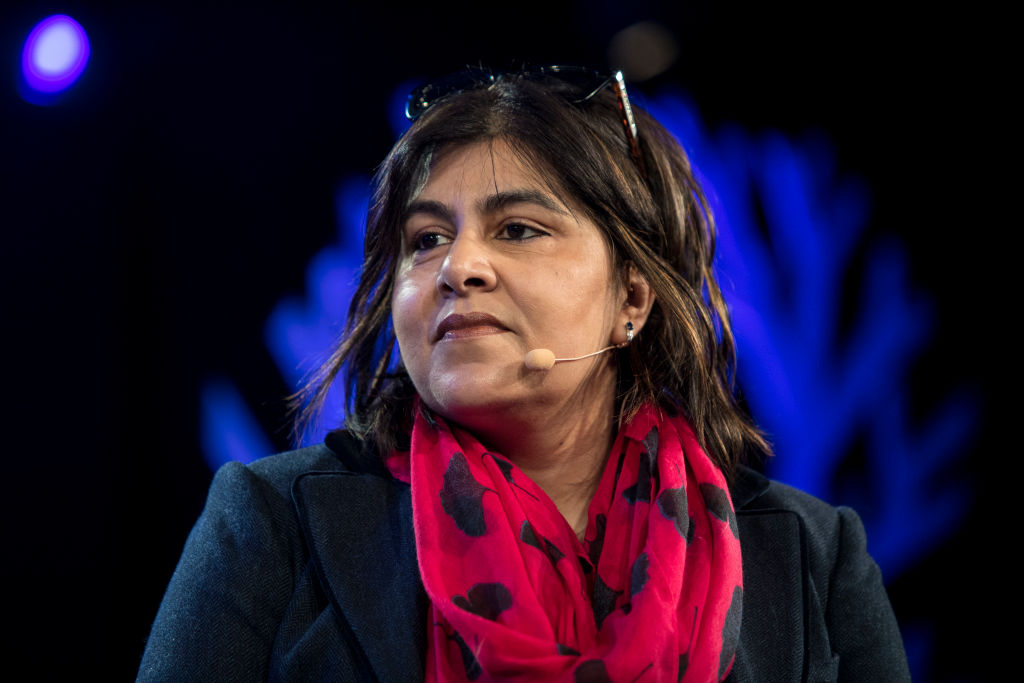The launch of the British Muslim Network (BMN) this week — bringing together prominent individuals from the spheres of politics, media, business, entertainment, and sport — is the latest religious lobby group in town. But will it lead to healthier relations between Muslims and the state, or will it be yet another addition to Britain’s grievance-industrial complex?
The BMN is well-placed to impact policymaking, especially with successive governments — including the present Labour ministry — pursuing an approach of “non-engagement” with the Muslim Council of Britain (MCB). While social entrepreneur Akeela Ahmed, co-chair of BMN, has insisted that the new network seeks to “complement” organisations such as the MCB rather than replace them, an initiative that highlights the contributions of Britain’s socially and culturally diverse Muslim population would be a significant improvement.
However, there is much reason for pessimism, due to the groups and individuals involved in the BMN’s conception. This includes former Conservative Party co-chair Baroness Warsi, whose journey, from being egged by Islamists in Luton to standing accused of handing official Whitehall roles to those linked to Islamist groups, has constituted a fascinating case study of identitarian self-preservation in modern Britain. In the build-up to this week’s launch, Warsi justified the creation of the fresh lobby group on the grounds that “for too long British Muslims have been made to feel their voices do not matter”. Indeed, this was the prevailing theme in her recent book Muslims Don’t Matter, which argued that Islamophobia is Britain’s primary bigotry blind spot.
This new organisation follows plans announced by Labour earlier this month, concerning the establishment of a council to devise an official Government definition of Islamophobia. The proposed body has met with widespread criticism, including from Tory leader Kemi Badenoch, who said last week that the creation of a new definition would be akin to introducing a “blasphemy law […] through the back door”.
While anti-Muslim prejudice remains a problem in British society — evidenced by the spreading of conspiracy theories and violence following the Southport murders last year — there is a risk of the BMN pigeonholing itself as an Islamophobia talking shop if the power and influence lies with the likes of Warsi and organisations such as Hope Not Hate, which is backing the initiative. Indeed, the evidence shows that British Muslims do matter in mainstream political decision-making — ranging from the Home Office’s Protective Security for Mosques Scheme to Government’s plans to provide capital funding towards the cost of a memorial specifically for Muslim servicepeople.
The BMN’s mission should go well beyond just tackling anti-Muslim prejudice, but the track record of its high-profile figures means there is a risk of it being oriented around liberal-Left conceptions of “Islamophobia”, as opposed to providing practical solutions to issues such as the cost of living, employment, education, healthcare, and law and order. If it is a truly daring enterprise, it will not only highlight British Muslim contributions but also point to relative strengths within British Muslim communities which have eroded in the relatively atomised and individualistic mainstream. These include valuing marriage as an institution in which to raise children, and taking care of elderly relatives.
The BMN must operate from the central principle that British Muslims do matter, and that they are largely privileged when compared to many of their co-religionists in the world. Without that patriotic sentiment, it will fall just as flat as many of its predecessors.











Join the discussion
Join like minded readers that support our journalism by becoming a paid subscriber
To join the discussion in the comments, become a paid subscriber.
Join like minded readers that support our journalism, read unlimited articles and enjoy other subscriber-only benefits.
Subscribe